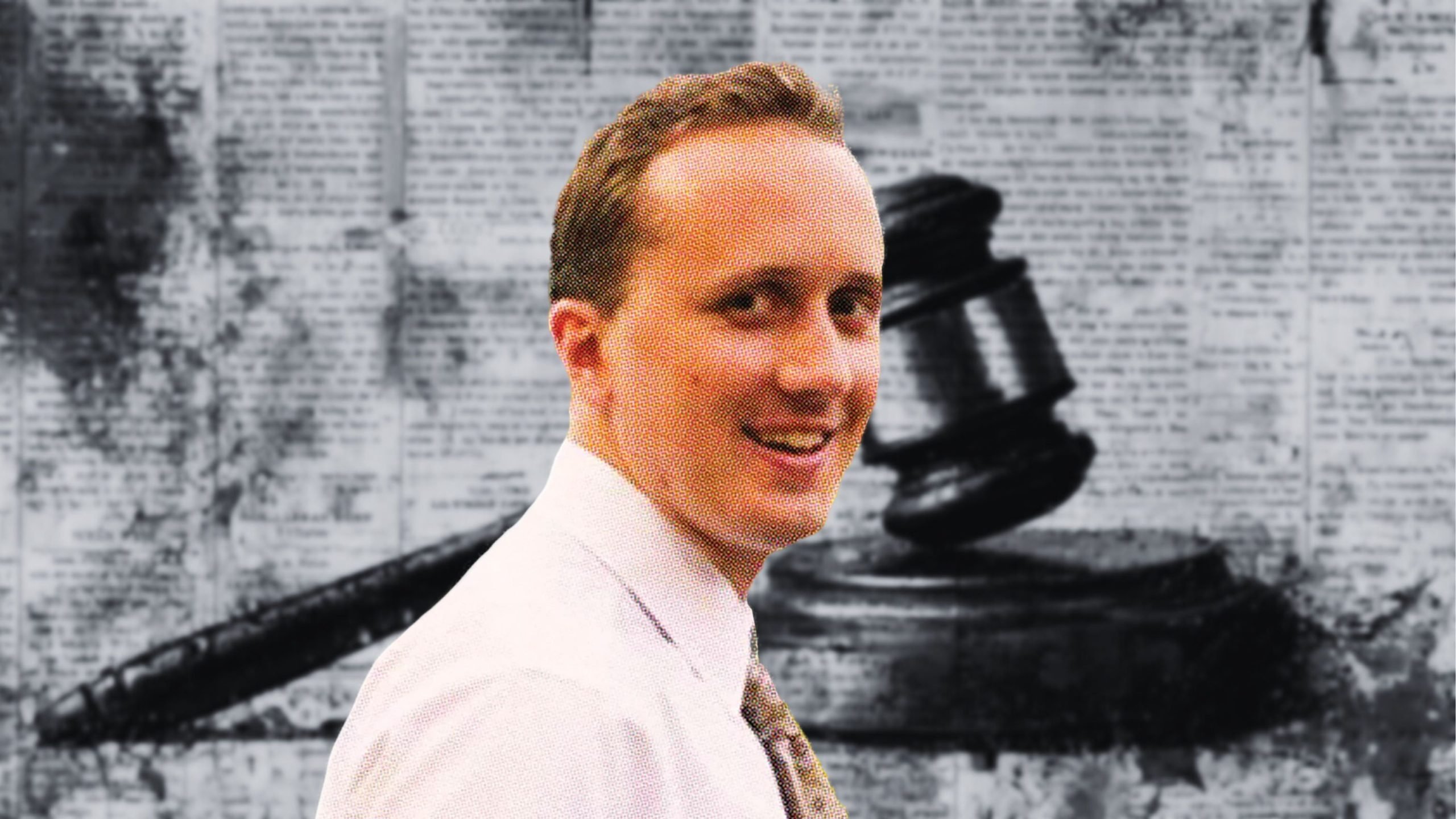A federal appeals court has overturned the conviction of Douglass Mackey, the man prosecuted for posting satirical memes ahead of the 2016 presidential election.
The Second Circuit Court of Appeals ruled on July 9 that the government failed to prove Mackey knowingly participated in a conspiracy, a requirement under the statute used to charge him.
We obtained a copy of the ruling for you here.
Mackey had been found guilty in 2023 of violating 18 U.S.C. § 241, a law dating back to Reconstruction that punishes conspiracies to deprive individuals of their constitutional rights. Prosecutors claimed that Mackey’s memes, which joked that Hillary Clinton supporters could vote via text, were part of a coordinated scheme to suppress votes.
That case has now unraveled.
“The mere fact that Mackey posted the memes, even assuming that he did so with the intent to injure other citizens in the exercise of their right to vote, is not enough, standing alone, to prove a violation of Section 241,” wrote Chief Judge Debra Ann Livingston in the court’s opinion. Because Section 241 applies only to conspiracies involving “two or more persons,” the government had to prove that Mackey entered into an agreement with others, a threshold it did not meet.
Prosecutors attempted to tie Mackey to private Twitter message groups such as “War Room” and “Madman #2,” where users discussed political memes.
The court found no evidence that Mackey saw, let alone participated in, any of the conversations that allegedly formed the conspiracy. “This the government failed to do,” the panel wrote, noting that “Mackey did not send any messages in the War Room in the two weeks before he tweeted the text-to-vote memes.”
A key witness for the government, an anonymous user named “Microchip,” acknowledged that no express agreement had ever been made between members of the group.
He described the activity as “kind of like a silent agreement,” a characterization the court found legally insufficient to establish conspiracy.
The ruling emphasized that courts do not “indulge” in speculation or “conjecture” when assessing criminal guilt. “There was no evidence from which a juror could ‘choose among [the] competing inferences’ as to these two scenarios and resolve those inferences in the government’s favor,” the opinion stated.
Even Mackey’s retweet of a similar meme did not meet the bar. The original tweet came from a user who had not yet joined the message group the government alleged was behind the scheme.
The court found no basis to infer that the retweet reflected an “unlawful agreement,” noting that “[o]ne cannot infer from a retweet alone that the original poster and the reposter reached an agreement to injure citizens in the exercise of their right to vote.”
The panel underscored that while Mackey’s memes may have been provocative, distasteful, or misleading, they were not inherently criminal. At trial, the government itself conceded that “[a]lmost all of [it] . . . was not illegal.” The ruling warned against stretching conspiracy law to criminalize online political speech, especially when the alleged conduct involves memes and satire.
“A Section 241 conviction requires proof that the defendant knowingly entered into an unlawful agreement,” the court concluded. “Here, no rational trier of fact could have found the essential elements of the crime beyond a reasonable doubt.”
The case has now been sent back to the district court with instructions to enter a judgment of acquittal. The decision delivers a strong affirmation of First Amendment protections and places firm limits on the federal government’s ability to police political content shared online.










